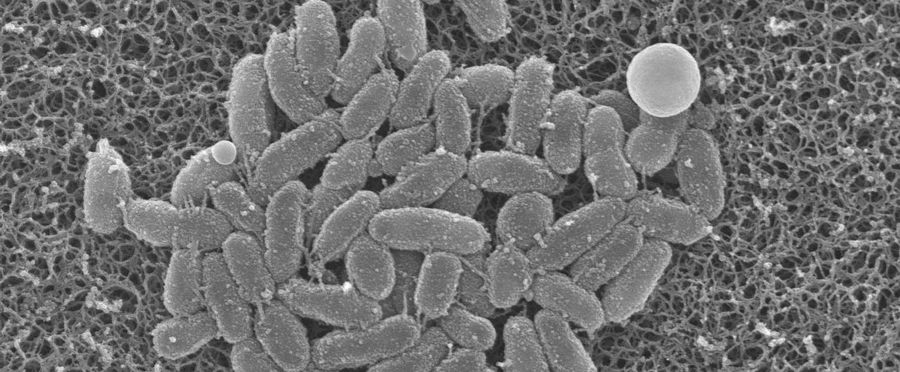Recent studies report that 80% of the bacteria causing the frequently-seen 'Hundred-day Cough', or pertussis, in Japan are resistant to antibiotics. This surge in antibiotic resistance marks a notable challenge in Japan's public healthcare system. Medical professionals are calling for a comprehensive change in treatment strategies, from reliance on antibiotics to a stronger focus on vaccination and preventive healthcare.
The 'Hundred-day Cough' or pertussis is a prevalent seasonal ailment among the Japanese population, affecting both children and adults. The spike in antibiotic resistance is concerning to the Japanese people who value good health and longevity. Vaccination, a key facet of preventive healthcare, is supported by law, social norms, and a strong public health infrastructure in Japan.
In the US and EU, antibiotic resistance is a recognized problem, with similar concerns raised regarding overuse of antibiotics and urgent calls being made for a shift to preventive healthcare, including vaccinations. National and international campaigns addressing antibiotic usage are far more prevalent in these regions compared to Japan.

